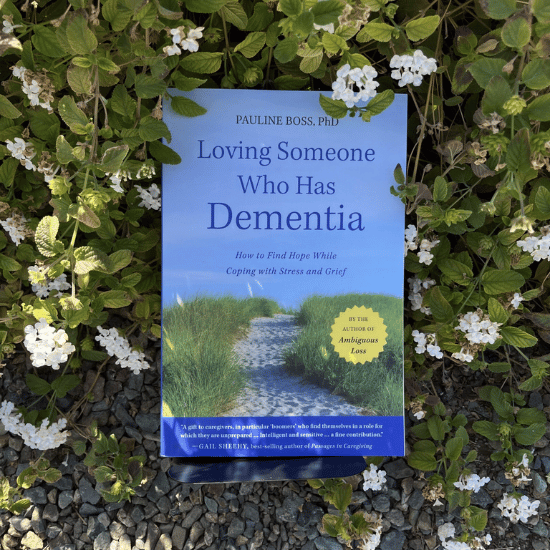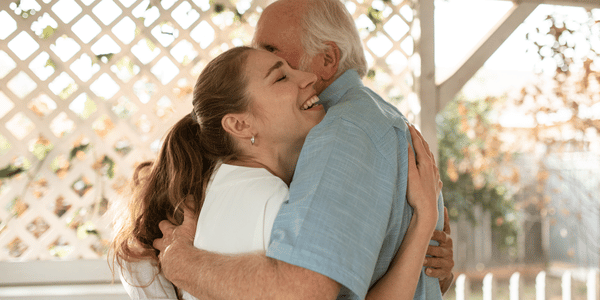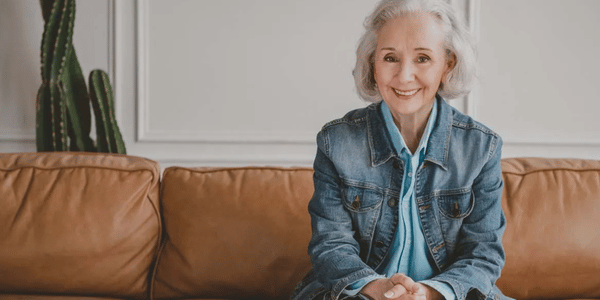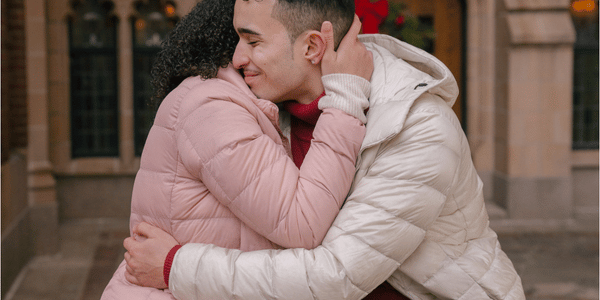Holiday Grief: Navigating Change When a Loved One Is Diagnosed with Dementia

The holidays are often portrayed as a time of joy, tradition, and connection. But when a loved one has been diagnosed with a life-altering illness like dementia, the season can feel bittersweet—or even painful. You may find yourself longing for the way things used to be, while trying to navigate an unfamiliar reality.
It’s natural to grieve the loss of cherished traditions or the person your loved one once was. This kind of grief, sometimes called ambiguous loss, can feel ongoing and unresolved. When someone you care about is physically present but cognitively or emotionally changed, the usual ways of celebrating and connecting can shift dramatically.
Understanding Ambiguous Loss

Dr. Pauline Boss, a leading expert on ambiguous loss, suggests practicing both/and thinking during times like this. What does that mean? It’s about making space for two truths to coexist:
- You can feel sadness for the traditions and moments that are no longer possible and find joy in creating new ones.
- You can grieve the changes in your loved one and feel gratitude for the time you still have together.
- You can acknowledge the pain of what’s been lost and embrace the beauty of what remains.
The holidays don’t have to be “all good” or “all bad.” They can be both—complicated, layered, and meaningful in their own way.
Allow Yourself to Feel
It’s important not to suppress what you’re feeling. Grief is a natural response to loss, and pretending it doesn’t exist often makes it harder to process. Instead, try to name your emotions, whether they’re sadness, frustration, guilt, or even relief. Giving yourself permission to feel can be a powerful step toward healing.
You might find it helpful to:
- Share your feelings with someone you trust, like a friend, support group, or therapist.
- Set aside time to reflect on the loved one you’re grieving, honoring both the past and the present.
- Journal about your memories and emotions.

Embracing New Traditions
While it’s okay to grieve, it’s also okay to look forward to new traditions. You might discover ways to adapt your holiday celebrations to fit your loved one’s needs or to bring joy to both of you in a different way.

For example:
- If large gatherings are overwhelming, opt for a smaller, quieter celebration.
- If your loved one struggles with memory, incorporate sensory activities like listening to familiar holiday music or enjoying festive scents.
- Focus on simple moments, like sharing a meal or watching a favorite holiday movie together.
These new traditions may not replace the old ones, but they can hold meaning and connection in their own way.
You’re Not Alone
Grieving during the holidays is a common experience for caregivers and families coping with a dementia diagnosis. It’s a sign of how deeply you love and care for your family member. As you navigate this season, remember to be gentle with yourself.
This holiday, consider embracing both/and thinking: allowing space for your sadness and your hope, your grief and your joy. By doing so, you can honor your loved one, your emotions, and the new moments of connection that are possible.
If you’re navigating this journey and seeking support, learn more about our Finding Meaning and Hope program, designed to help caregivers find balance, process grief, and discover hope even during the toughest times.






